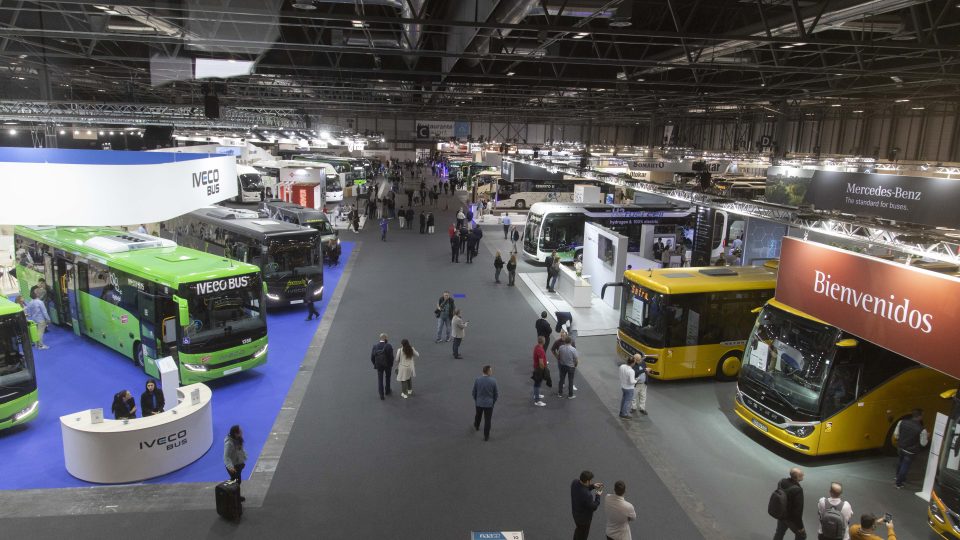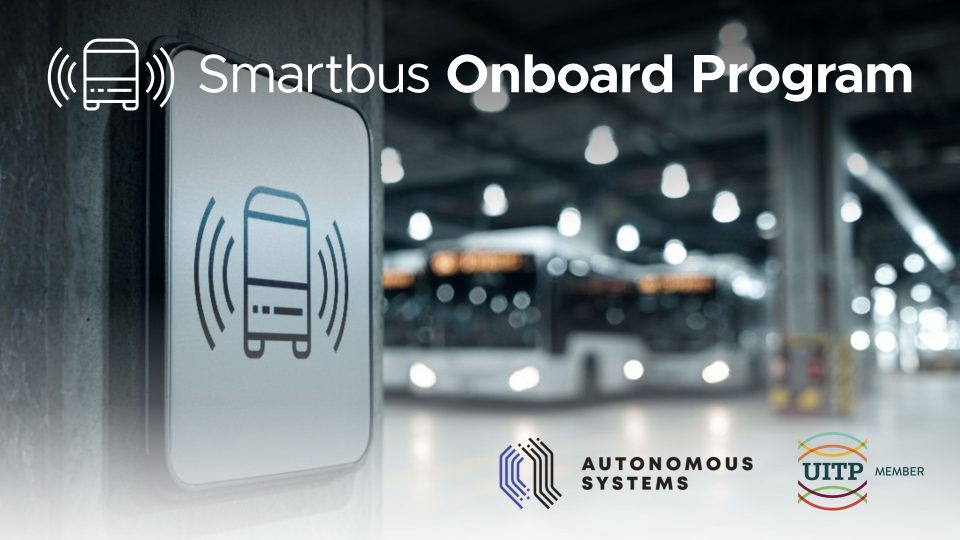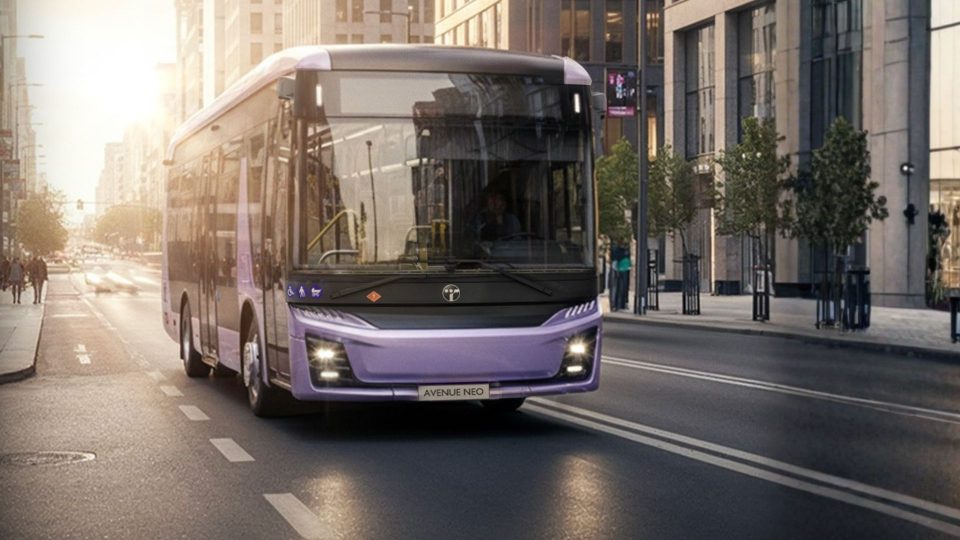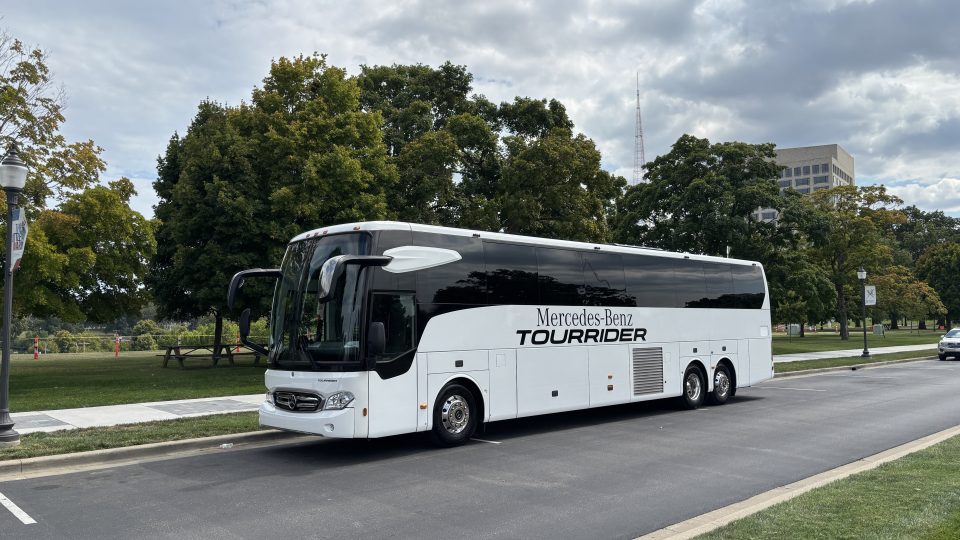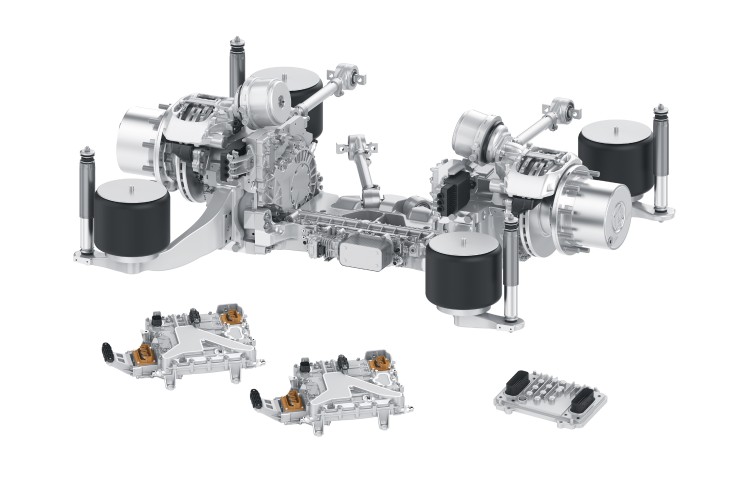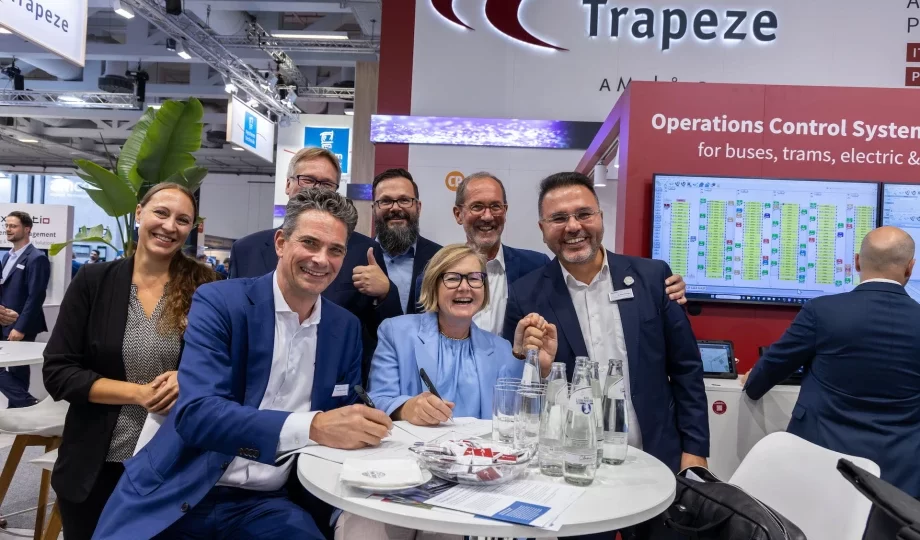VDL centralizes city bus production in Belgium, cuts jobs in the Netherlands, media reports
VDL has decided to concentrate all city bus production at its new factory in Roeselare, Belgium, while the Valkenswaard site in the Netherlands will continue with coaches only. According to an article by Stijn Decock published on local newspaper De Standaard, the move would entail 60 job losses in the Netherlands and the non-renewal of […]
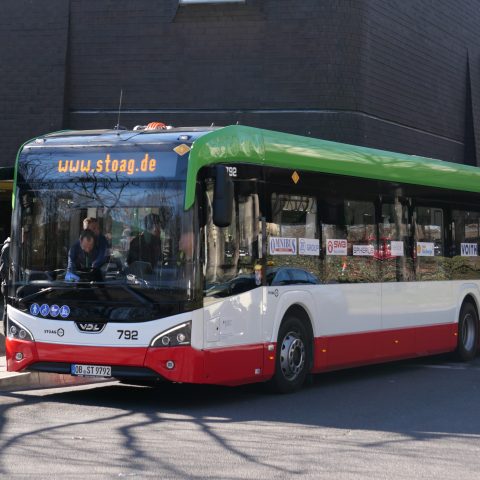
VDL has decided to concentrate all city bus production at its new factory in Roeselare, Belgium, while the Valkenswaard site in the Netherlands will continue with coaches only. According to an article by Stijn Decock published on local newspaper De Standaard, the move would entail 60 job losses in the Netherlands and the non-renewal of 250 temporary contracts, with no new hiring planned in Flanders.
A strategic shift after Van Hool’s collapse
Following the bankruptcy of Van Hool and the financial troubles of Ebusco, VDL is now the last significant manufacturer in the Benelux region. The Eindhoven-based group invested €40 million in the new Roeselare plant, inaugurated in April 2024 and designed specifically for electric city buses.
According to De Staandard, VDL has stated that the site must move from a single to a two-shift system, delivering 800 units annually, to break even in terms of profitability. At present, orders keep the lines moving, though not at the required scale. Union representative Yves Allewaert (ABVV) told the newspaper: “We have enough orders to keep the factory running for the coming months, but it would need more work to be truly profitable.”
VDL’s footprint in Belgium also includes Koningshooikt, the former Van Hool site now employing around 250 people. Activities there range from engineering and parts supply to repair. According to ACV’s Peggy Schuermans, VDL has signaled an intention to strengthen Koningshooikt, with engineering for coaches expected to shift from Valkenswaard. The company is allegedly also negotiating to buy part of the land it currently rents from Van Hool’s receivers.
The restructuring highlights broader tensions within the family-owned group. The bus division has been loss-making for years, as also clear from the 2024 results, but represents only a fraction of VDL’s activities, that, De Staandard says, “now mainly earns money as a supplier to ASML”, a Dutch company that designs and manufactures advanced photolithography machines essential for producing the world’s most advanced semiconductors. Since the death of founder Wim van der Leegte in 2023, his son Willem has overseen painful restructuring, including the closure of Nedcar, the Netherlands’ last car plant.
What emerges is a picture of an industrial group trying to reconcile Western European costs with a competitive landscape dominated by cheaper Eastern European and Chinese players. Roeselare may be the showcase, but the real question is whether the model can be scaled fast enough to secure the future of VDL’s bus division.

